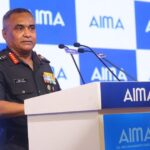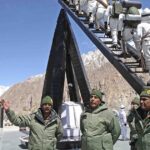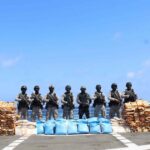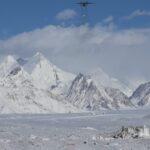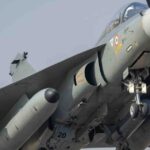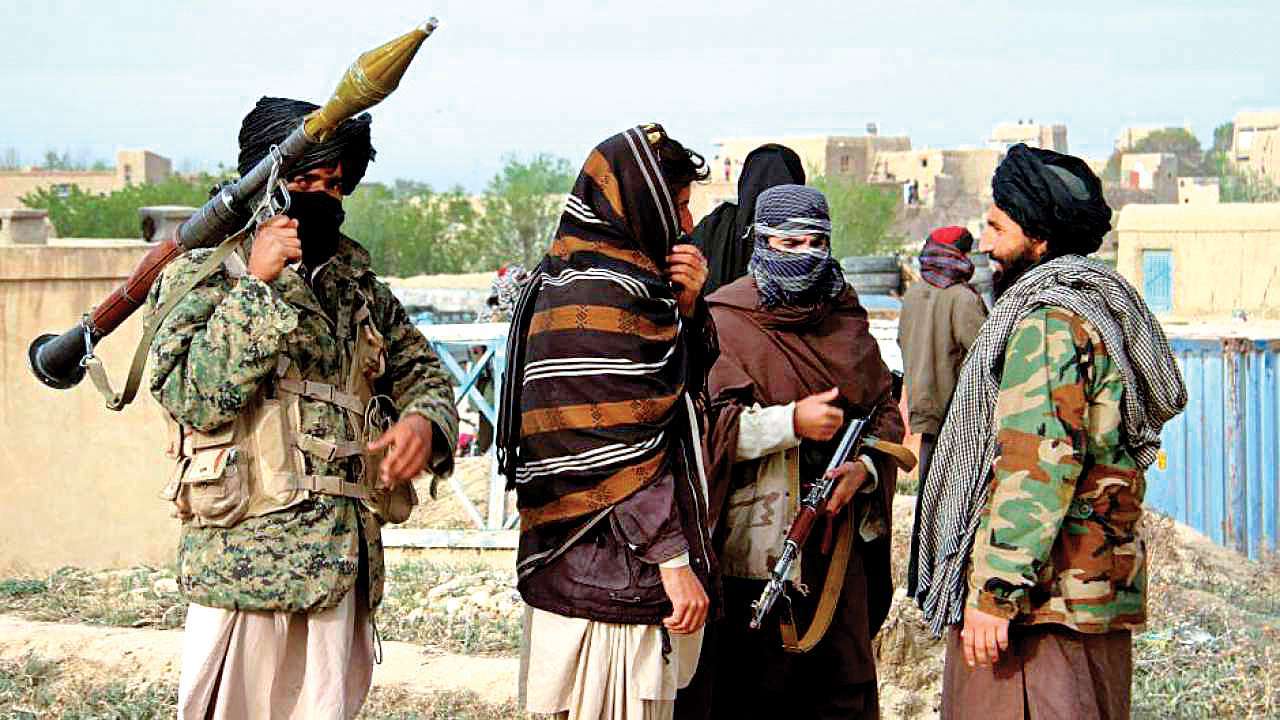
SOURCE: TNN
The deadly connections between the Lashkar-e-Taiba, Haqqani Network and the Islamic State of Afghanistan came to the fore with the death of a key ISKP leader, Sanaullah, in Kabul on Tuesday night. Involved in the terror attack on a Sikh gurdwara in Kabul and the attack on a US base at Bagram, this is the second such raid against a joint terror network between the Haqqani group and ISKP, the first being the arrest of Aslam Farooqui, the “emir” of ISKP in early April.
The successive raids have proved the connections between Pakistan’s ISI, LeT, Haqqani network and ISKP, according to the Afghan National Directorate of Security (NDS). The news of the raids comes even as US special envoy to Afghanistan, Zalmay Khalilzad arrived in New Delhi to meet with Indian officials. Khalilzad met external affairs minister S. Jaishankar, NSA Ajit Doval and foreign secretary Harsh Shringla on Thursday to discuss the future of Afghanistan and the US-Taliban peace process.
The peace deal is fraying with increasing violence by the Taliban, who believe they are victorious and would control Kabul with a political and governance system that would set back all gains in that country, besides becoming potentially a terror outpost for Pakistan. Jaishankar and Doval “emphasised that putting an end to terrorist safe havens and sanctuaries is necessary for enduring and sustainable peace and stability in Afghanistan” according to an MEA readout.
The past few weeks have been ample demonstration of this. An NDS statement on Wednesday said they raided “terrorist hideouts” in three operations on Tuesday evening – two in Kabul’s PD11 and another in Shakar Dara district, 25 km north of the capital city. According to the NDS, five terrorists were killed in the operations and eight others were wounded.
The group is a joint Daesh/ISKP-Haqqani network led by Sanaullah — this was also the group responsible for the rocket attack on President Ghani’s inauguration ceremony, the attack on the Sikh temple in Kabul, the attack on Afghan politicians gathering during a ceremony of Mazari, and two attacks on Bagram airfield which holds the largest US base in Afghanistan.This raid comes after the arrest of Pakistani national and ISKP emir Aslam Farooqui in early April, which obviously yielded valuable intelligence on not only the members of the group but their linkages.
According to sources in Kabul, it is increasingly clear that Pakistan uses LET to plan and provide resources for attacks, while the Haqqani network, widely known to be the most violent of the Taliban groups executes them, leaving the ISKP to take responsibility, creating a degree of deniability with Pakistan.
In their meeting on Thursday, Jaishankar and Doval told Khalilzad India would continue to support “peace, security, unity, democratic and inclusive polity and protection of rights of all sections of the Afghan society, including Afghan Hindus and Sikhs. India is deeply concerned at the upsurge in violence and supports the call for an immediate ceasefire and need to assist the people of Afghanistan in dealing with coronavirus pandemic. India remains engaged in extending humanitarian food and medical supplies to Afghanistan to deal with the situation created by a coronavirus.” Khalilzad was accompanied by Lisa Curtis of the US National Security Council.
https://defencenewsofindia.com/haqqani-network-let-iskp-behind-gurdwara-attack-afghanistan/

